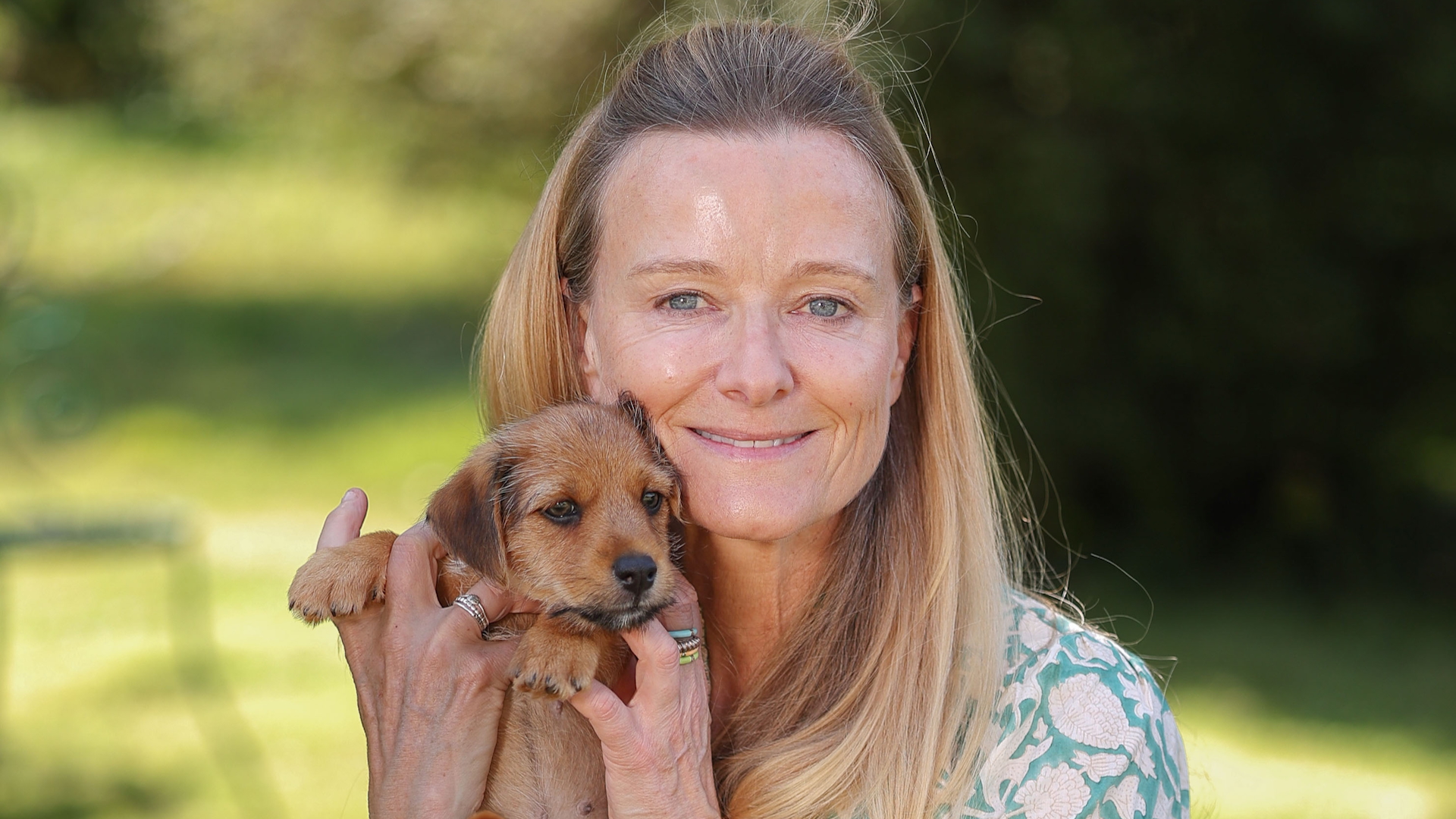“The more I’ve learnt about ADHD, the more I realise it’s quite common for successful entrepreneurs to have the condition,” reflects Lucy Macnamara, 57.
“The ability to multi-task, the hyper focus, energy and creativity it gives you is a huge asset to setting up and running a business. However, I do wish I had been diagnosed earlier as there are challenges associated which I think I could have navigated better with more understanding of my behaviour.”
Here, the founder of sustainable clothing brand Aspiga founder shares how her ADHD diagnosis has helped her be kinder to herself and taught her to celebrate the upsides of having a brain that works a bit differently.
Getting an ADHD diagnosis
(Image credit: John Lawrence)

Aspiga
Chevron Lace Organic Cotton Cheesecloth Shirt
Perfect for transitional dressing as we head into autumn, this versatile piece has beautiful lace details and the fabric is wonderfully breathable.
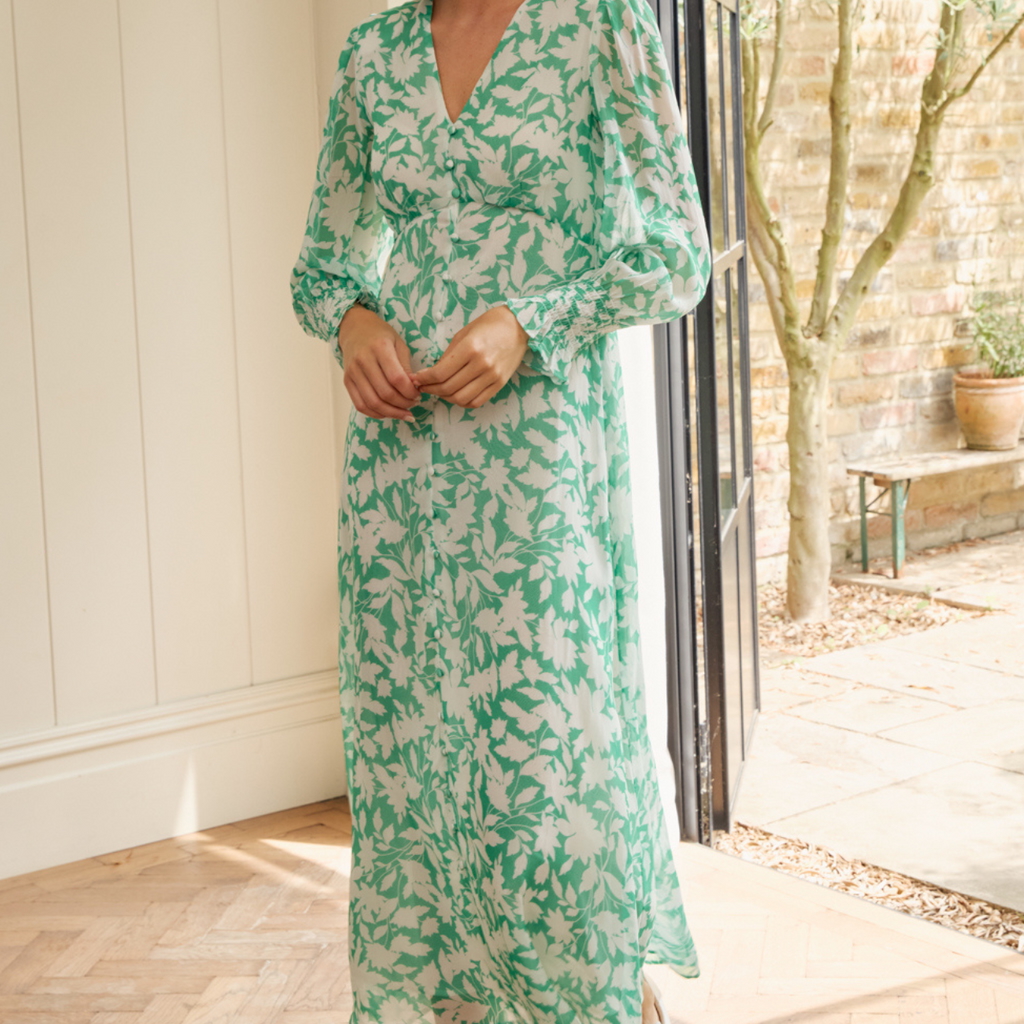
Aspiga
Long Sleeve Sally Anne Dress
A midi dress is a style staple, and this Aspiga piece with long sleeves will keep you warm and chic for cooler days. We just adore this Clematis Vines print.

Aspiga
Alpaca Blend Puff Sleeve Cardigan
Available in green or chocolate, its woven for a cosy mid-weight blend of alpaca and responsibly sourced wool for all your autumn/winter layering needs.
“I was 52 when I was finally diagnosed in 2020, having read an article in The Times where a film director was sharing her ADHD experience. The more I read, the more I realised she was exactly like me – not very patient, bored easily, struggling to focus at times and pretty hopeless at sticking to processes and administrative tasks.
“My self-diagnosis was easy – I Googled it, bought a book and realised I ticked pretty much every box in terms of my symptoms.
“Getting an official diagnosis was much more drawn out and expensive, however, with so many forms to fill out – not a great experience for an admin-averse ADHD sufferer!
“The waiting list on the NHS was so long that I paid to see a private consultant who thought in many ways I was quite an extreme case and prescribed some ADHD medication, Atomoxetine.”
Managing symptoms

Lucy loves visiting Aspiga’s suppliers around the world
(Image credit: Lucy Macnamara)
“That first medicine didn’t suit me, so I have since switched and I now use the ADHD meds occasionally alongside other things that are effective in managing my condition.
“For my sanity, I must exercise daily outside (even if this is just long dog walks), and I also take a variety of herbal remedies and nutrients like Lion’s Mane, Saffron, Omega 3 and Magnesium, which can all help slow my racing brain.
“I realise now that I’ve had the condition since I was a child and that it’s likely my mother (who was constantly flying around from one thing to the next) also has it. It just wasn’t something that was spoken about at all when I was at school.
“Reading my old reports, it’s clear that I struggled with the required focus in education. The summary was usually ‘If Lucy isn’t distracted herself, she’s distracting others.’
“I failed most of my O-levels, so I did retakes and did end up with 10, but didn’t even do A-levels as I found sitting still in a classroom for hours on end almost impossible, so I went into the workplace and spent 15 years working for a charity before I set up my company, Aspiga, in 2006.”
A leap of faith
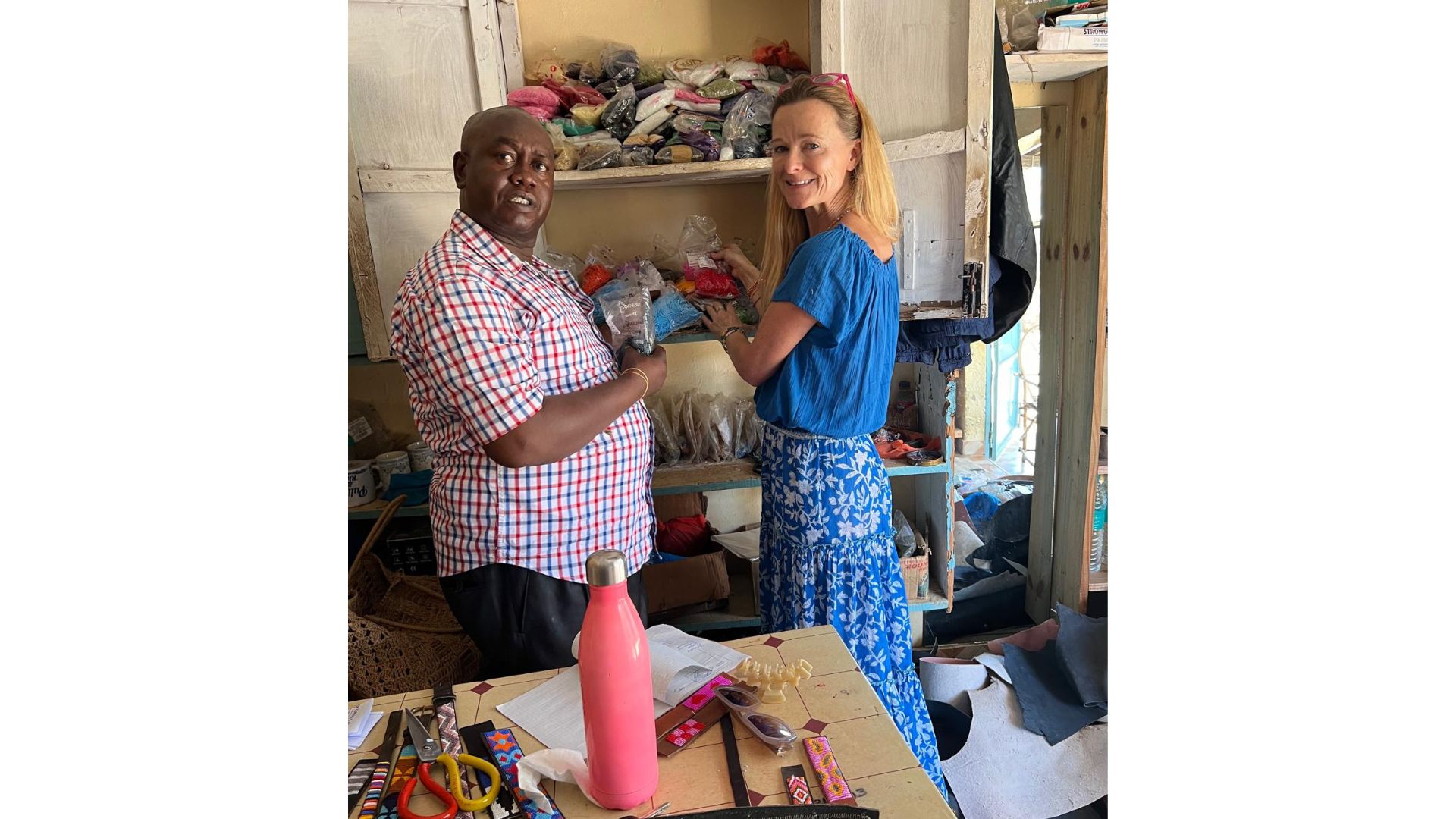
Lucy working with a supplier in Kenya
(Image credit: Lucy Macnamara)
“Starting the business was in many ways a typically ADHD impulse decision. Having discovered some incredible Kenyan sandals on holiday in South Africa, I decided they would sell well in the UK, so I started importing them and started by exhibiting at a trade show in London, where we got into 40 stockists, including Fenwick’s of Bond Street.
“Fast forward 19 years and we now offer full collections of sustainable fashion and lovely accessories. I now have a team of 28 working from our head office in Battersea, London and a further 30 staff across our eight stores.
“Creating Aspiga was a positive consequence of the condition, but my ADHD has also affected my life negatively over the years. I can’t tell you the number of times I have overflowed the bath, as my brain has got distracted midway through, or have returned home from a dog walk to find saucepans boiled dry on the hob when I’ve forgotten I’d started boiling eggs or such like.
“I’m also a serial key loser and have had so many speeding tickets as my brain wanders on long journeys and I completely miss changes in the speed limit.”
Support and understanding
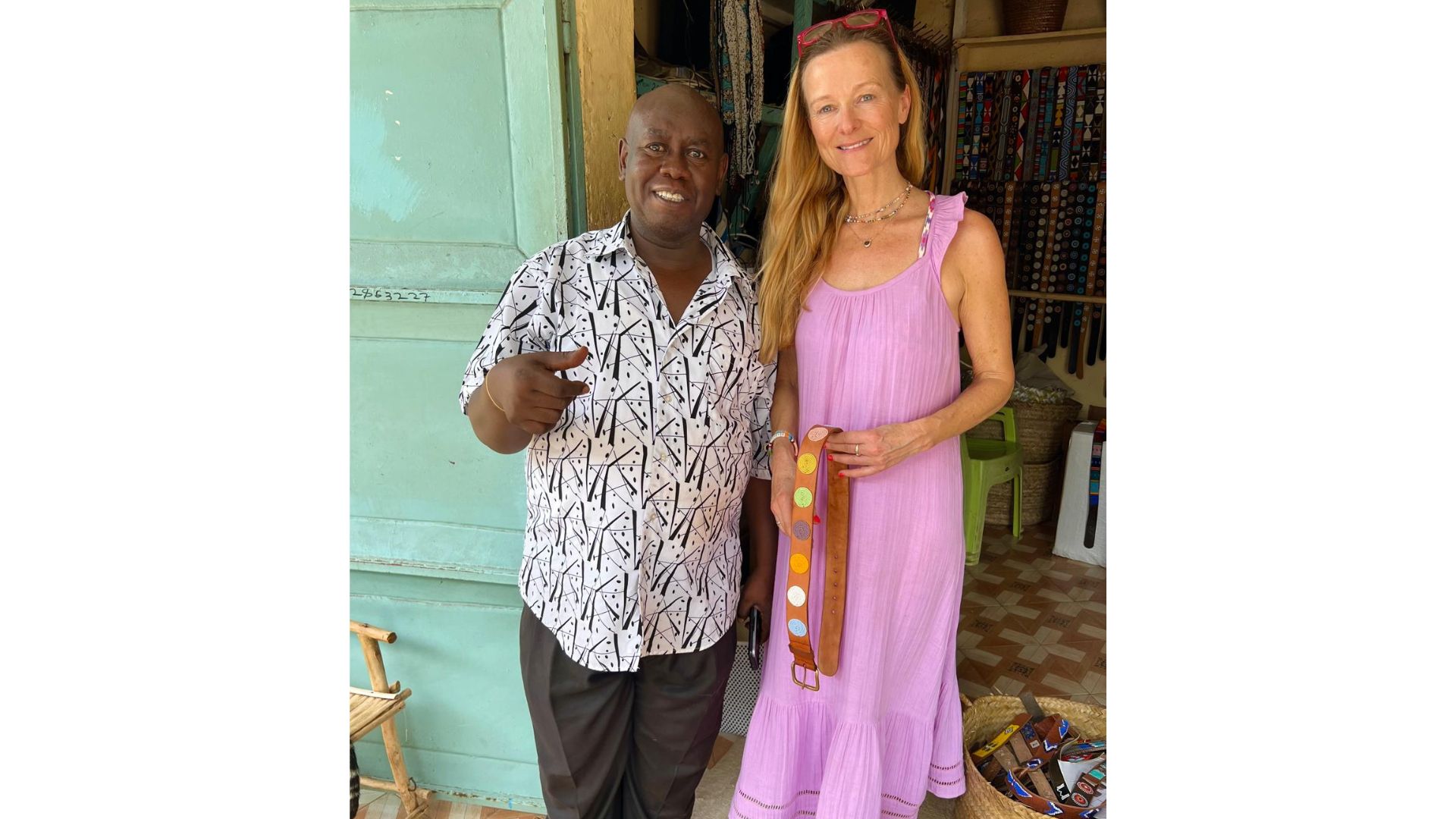
(Image credit: Lucy Macnamara)
“Now that I know I have ADHD, I can be kinder to myself about those things. I’m not stupid or irresponsible; it’s just that my brain operates differently from many people’s. I’ve learnt to get help with the things I struggle with and to celebrate the upsides to my neurodivergence.
“My sister Sarah says it’s helped her to understand me better and not to get so frustrated with me when I get distracted mid-conversation.
“Sharing my diagnosis at work has enabled me to interact with my team more effectively. I have a great PA who helps with some of my life admin as well as keeping me on track day-to-day.
“And my designers now know that I’m more effective with shorter meetings where I get all the information as soon as possible.”
Celebrating difference
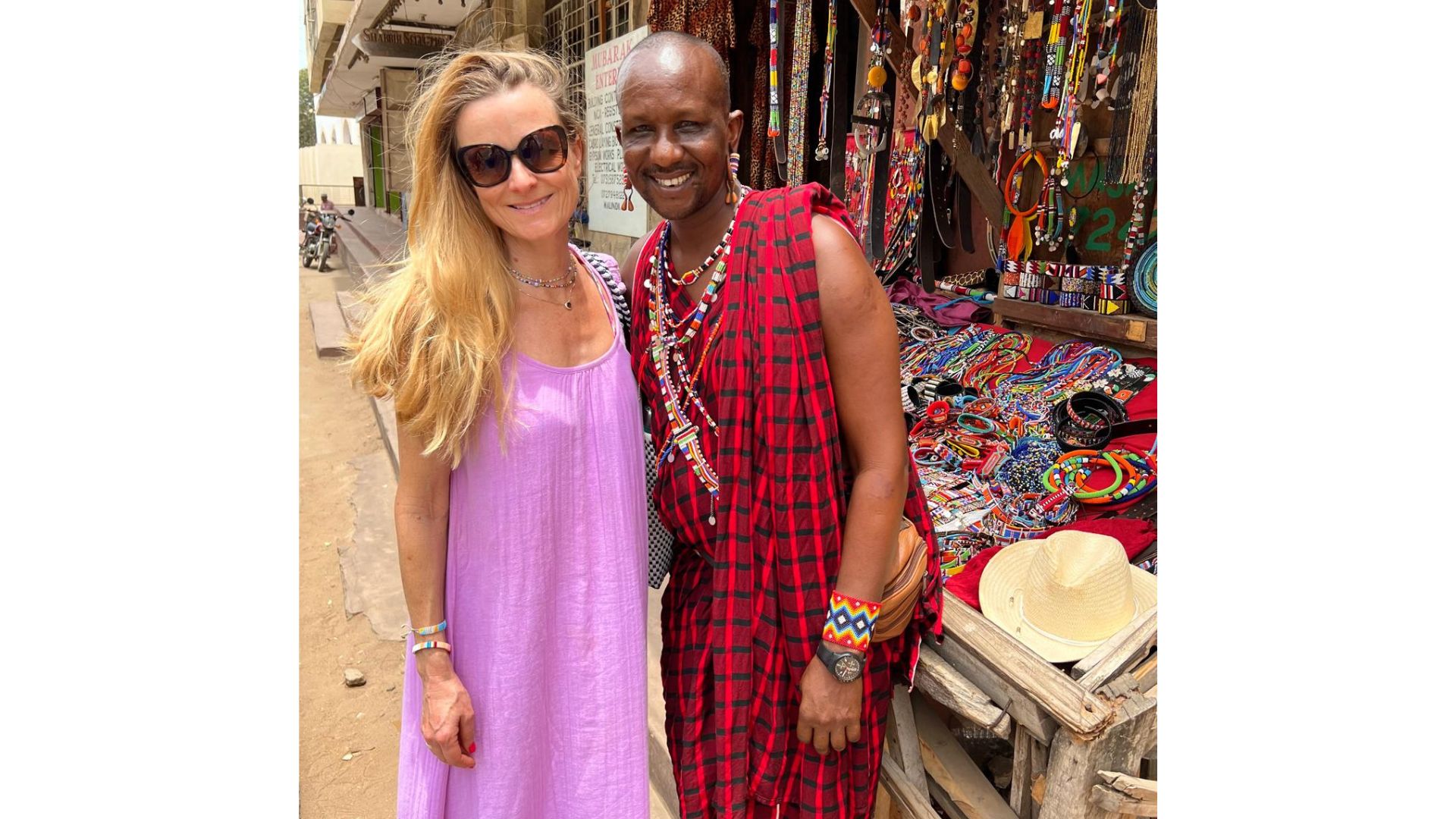
(Image credit: Lucy Macnamara)
“By talking openly about my symptoms, I hope others with the condition will see that there are many positives to having an ADHD brain. Alongside over-indexing as entrepreneurs, there are people with ADHD who are brilliant surgeons, barristers and teachers. It’s wrong to think it’s something that only people who struggle at school have.
“I can see opportunities and jump at chances more rapidly than most. I have boundless energy, and my buzzing brain keeps ideas and possibilities open for longer than would feel comfortable to many.
“Sure, I’m a bit all over the place sometimes, but I’m also brave, a risk-taker, intuitive and passionate and there’s a lot to be said for that in life.”

